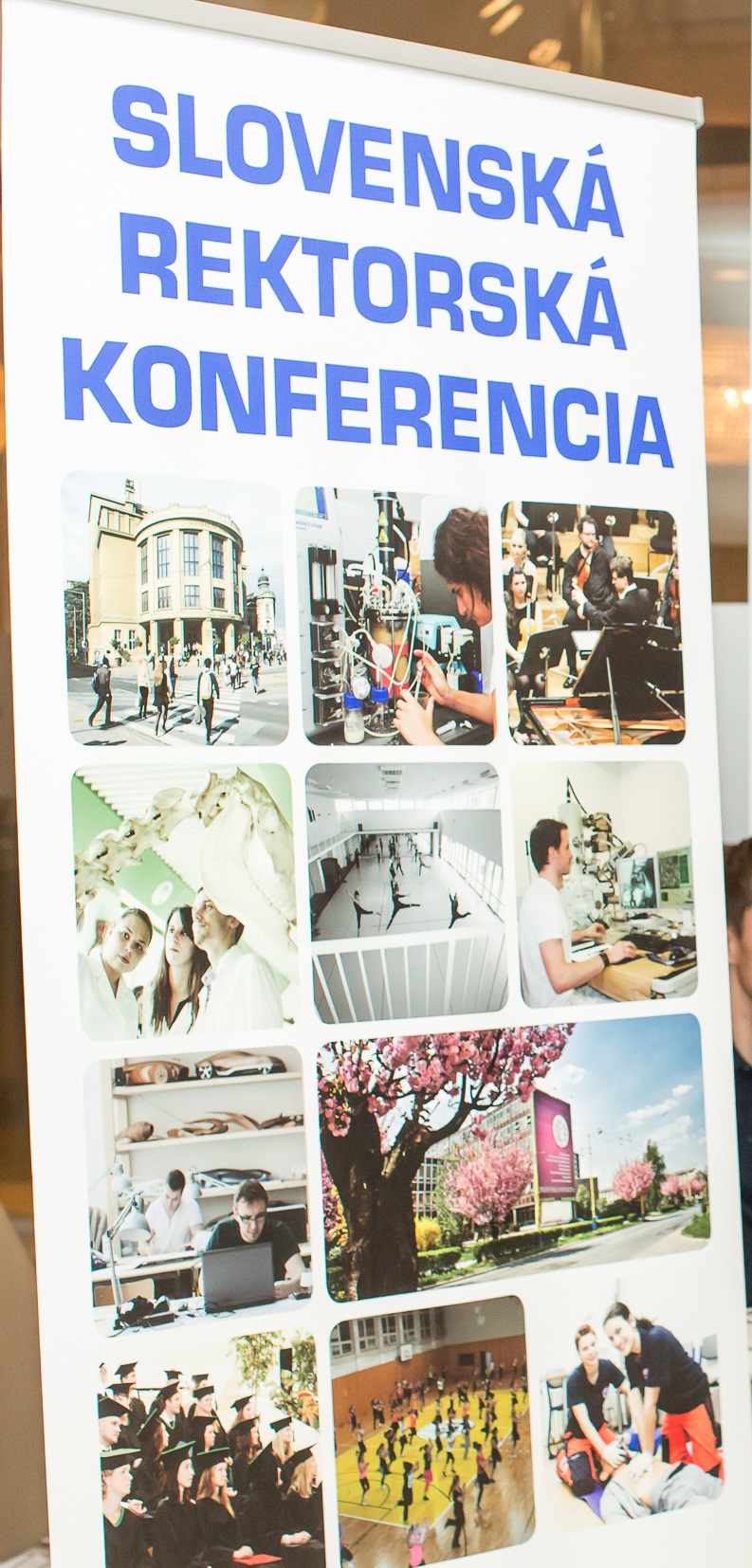
SRC Presidium about August 1968
The Presidium of the Slovak Rector's Conference commemorated the tragic anniversary - 56 years since the invasion of the Warsaw Pact troops into Czechoslovakia, which took place on the night of August 20-21, 1968. The invasion marked the beginning of the twenty-three-year military occupation of Czechoslovakia, the halting and reversal of ongoing democratization reforms. The events of August 1968 and the subsequent period of the so-called Normalization remind us of the values of freedom, democracy and human rights that we honor and share.
In Bratislava on August 21, 2024
